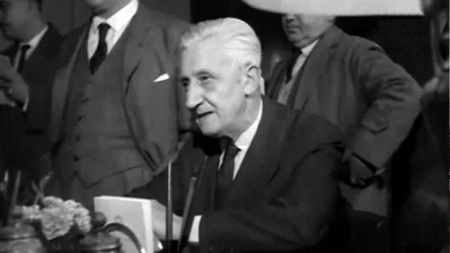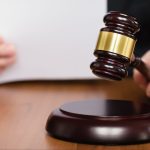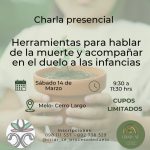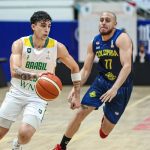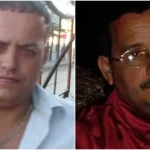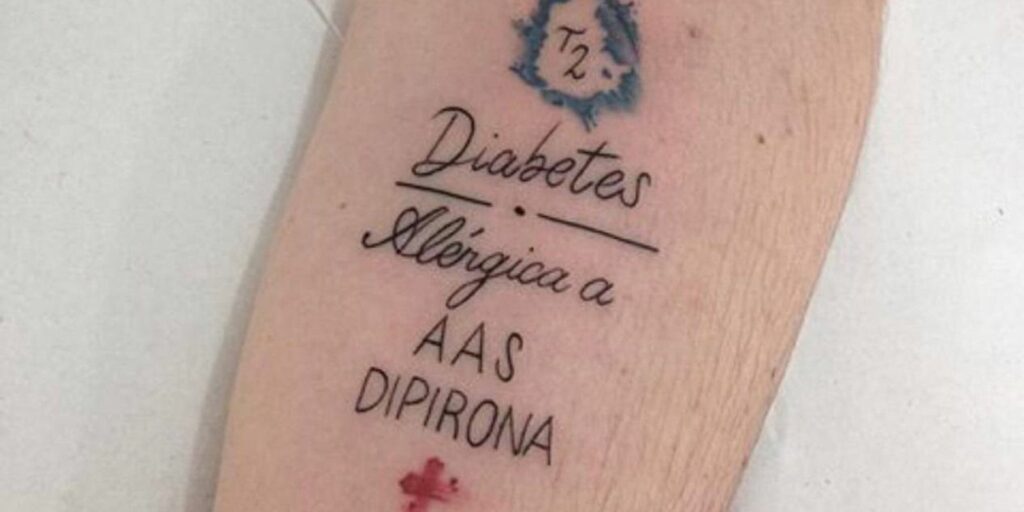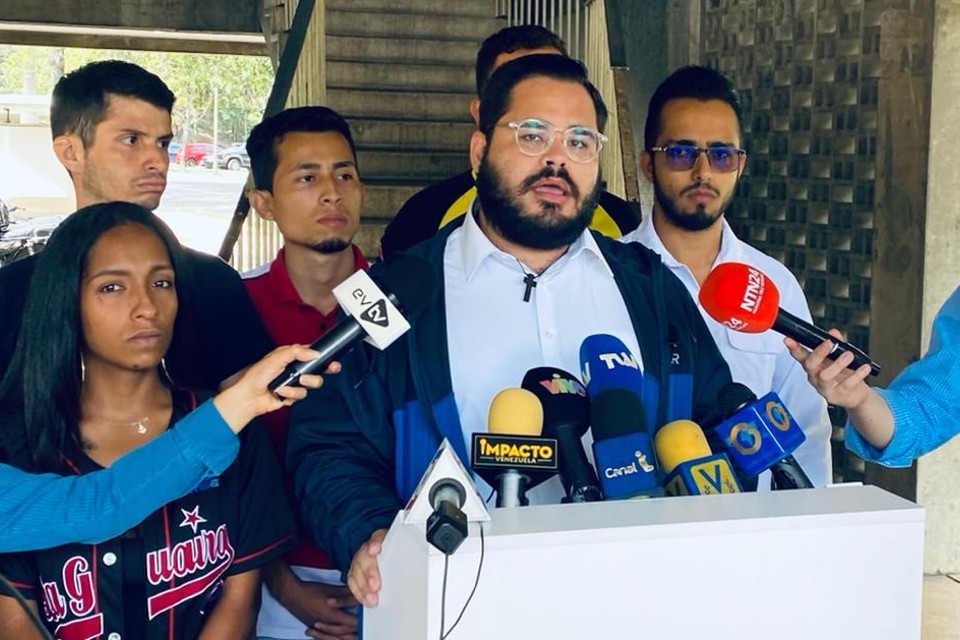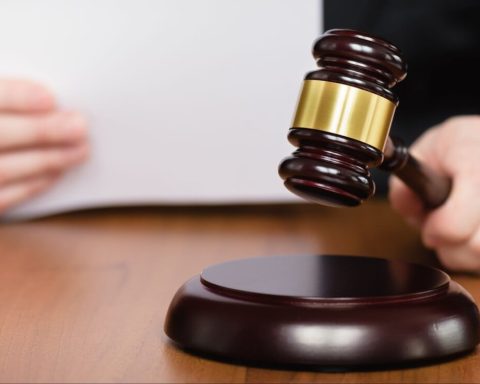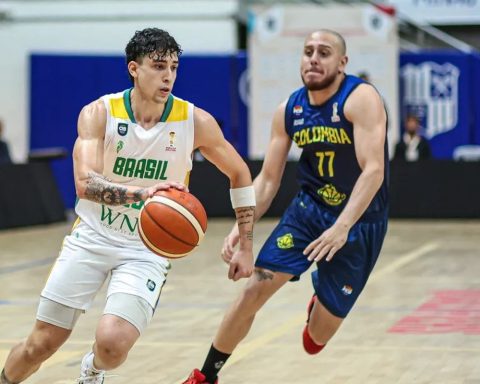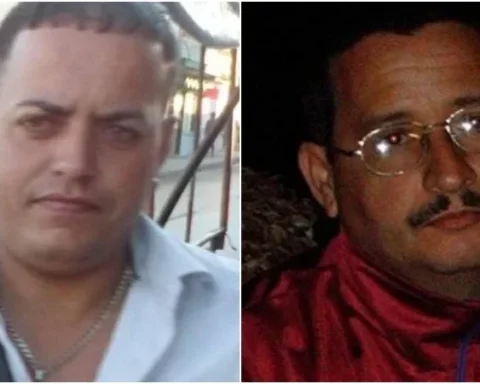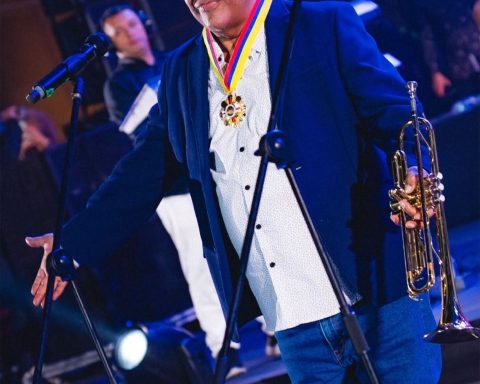Former constitutional president Arturo Umberto Illia passed away 40 years ago, on January 18, 1983, in the city of Cruz del Eje, in the province of Córdobaand his death occurred in the context of a country that was beginning a transition towards democracy after the defeat that the civic-military dictatorship had suffered in the Malvinas War.
Since 1966, when he was overthrown after the coup led by General Juan Carlos Onganía, Illia was retired from political activity and practiced medicine in that town in the northwest of Córdoba.
However, Illia remained linked to the Radical Civic Union (UCR), the political party in which he was a member for a good part of its 82 years of existence.
The son of Italian immigrants, Illia was born in the Buenos Aires city of Pergamino in 1900, and after graduating as a doctor from the University of Buenos Aires, he settled in Cruz del Eje, where he began to forge his political career at the UCR.
He was a provincial senator, lieutenant governor of Córdoba and in 1948 he was elected national deputy, and from that bench he exercised a fierce opposition to the government of Juan Domingo Perón, overthrown after a coup in 1955 that implied the banning of justicialismo.
The position that had to be assumed before Peronism generated a schism in the UCR, which was divided into two sectors: the UCRI, the “uncompromising”, led by Arturo Frondizi, and the UCRP. those of the “people”, headed by Ricardo Balbín, and to this sector Illia adhered.
Frondizi was elected in 1958 after an electoral agreement with Perón, but he would be overthrown four years later by the Armed Forces, who ignored the electoral triumph of Peronism in eleven provinces, including Buenos Aires.
The military imposed José María Guido, then provisional president of the Senate, at the head of a supervised government, which due to the bidding that took place within the Armed Forces between the “Blue” (professional) and “Colorado” (liberal) sectors and anti-Peronists) had to call elections in July 1963, in which Peronism was outlawed.
The electoral triumph
As the UCR presidential candidate, Illia obtained 25.14 percent of the votes in elections in which more than two million annulled or blank ballots were registered, more than 20 percent of the total.

After being ratified by the Electoral College, Illia assumed the presidency on October 12, 1963, but his refusal to establish alliances and the fact of having been elected in elections in which Peronism was prohibited, they deprived him of the support he would have needed to implement measures that had popular support.
The annulment of the oil contracts signed by the Frondizi government and the enactment of a law that set maximum prices for medicines produced by foreign laboratories (promoted by the Minister of Health, Arturo Oñativia), determined that multinational economic groups viewed with I am suspicious of the direction taken by the Executive.
The decision not to send the military to participate in the United States intervention in the Dominican Republic caused discomfort in Washington and in the military sectors prone to the National Security Doctrine.
However, the Illia government achieved great success in international politics at the United Nations, when In 1965, through resolution 2065, the status of colonial territory of the Malvinas Islands held by Great Britain was recognized, and urged Argentina and the United Kingdom to start negotiations to resolve the question of the sovereignty of the South Atlantic archipelagos that are still in dispute.
The economic decisions of the Government allowed for a favorable balance in the balance of payments, growth of the GDP, an increase in gold reserves, containment of inflation and a reduction in the external debt.
Nonetheless, The leadership of the CGT, led by the metallurgist Augusto Timoteo Vandor, launched a broad plan of struggle with strikes and mobilizations, which were not counteracted with the suppression of constitutional guarantees by the Executive.
The advances that Peronism obtained in the 1965 elections, and the appearance of a Guevarist guerrilla focus in the province of Salta, generated discomfort in the military sectors.who began to conspire with civil actors from the financial sector, the Rural Society and the Argentine Industrial Union (UIA).
Generals Onganía, Pascual Pistarini, and Julio Alsogaray, with well-established ties to the United States embassy, began contacts with civilian operators such as Nicanor Costa Méndez and Álvaro Alsogaray, who advocated the implementation of an economic policy in line with the recommendations of the international credit organizations.
Magazines like Extra, Todo, Panorama, Tía Vicenta and Confirmado published harsh editorials against the government in which they described Illia as a slow, erratic and lost man who was caricatured as a turtle.
In this context of wear and tear on the Governmentthe figure of Onganía – who had retired from the Army headquarters in November 1965 – was described in those media as that of a “professional” military man.; a strong man who came to save the nation from the danger of an imminent dissolution.
The 1966 coup
On June 27, 1966, the three guns communicated to the president that it was best to resign, something that he flatly rejects with the attempt to dismiss Pistarini as head of the Army, an order that the military commanders completely ignored.
At night, police forces surrounded the Casa Rosada while Illia remained in his office along with a group of collaborators, and after 5 in the morning, General Julio Alsogaray entered the government headquarters to demand the resignation of a beleaguered head of state. and without power.

Alsogaray told the president that he was following “orders” from his superior (Pistarini), and Illia replied that he was “an insurrectionist” who did not recognize the true authority of the president as chief commander-in-chief of the Armed Forces.
Minutes later, a group of the infantry guard under the command of Colonel Luis Perlinger, who in 1982 publicly apologized to Illia for having participated in the coup, evicted the presidential office and carried out the coup.
Illia withdrew from the Casa Rosada by his own means, on Balcarce street and surrounded by some supporters, He called a taxi and went to his brother’s home, in the town of Martínez, but later retired to Cruz del Eje, where he returned to practice medicine.
One day later, Onganía assumed the presidency at the head of a regime that called itself the “Argentine Revolution” and that violated constitutional liberties, imposed censorship, intervened in universities, and applied, along with its Minister of Economy Adalbert Krieger Vasena, a wage freeze policy. .
The adjustment and repression would give rise three years later to the “Cordobazo”a social outbreak that put Onganía in check, who would fall in June 1970 due to an internal coup by a military dictatorship that ruled an Argentina in which the political majorities began to mobilize and armed organizations emerged.
Retired from political activity, he attended in November 1982 the act of launching the Renewal and Change current, promoted by the presidential candidate of Raúl Alfonsín, who would later be anointed as head of state.
Illia was veiled in the National Congress, and his obsequies became a demonstration of repudiation towards a Military Junta that was in retreat, and his remains were deposited in the Pantheon of the Heroes of the Revolution of 1890, in the cemetery of the Recoleta, where Leandro N. Alem and Hipólito Yrigoyen also rest.

